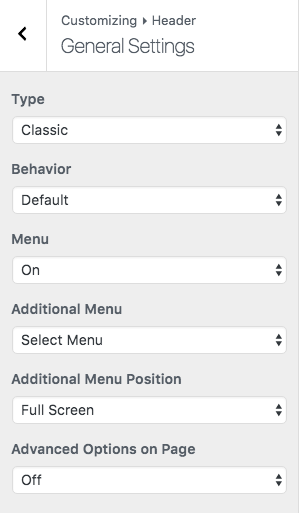How Often Should a Fire Sprinkler System Be Inspected?
Fire sprinkler systems play a critical role in protecting people and property during an emergency. But to do their job properly, they need regular care and attention. So how often should fire sprinklers be inspected, tested, or serviced?
Here, we’ll break down the general guidelines for fire sprinkler maintenance and what building owners need to know to stay prepared and compliant.
Which Fire Sprinkler Inspections Must Be Performed Routinely, and How Often?
Weekly or Monthly Functional Checks
Technicians should conduct weekly or monthly checks on control valves to verify they are open and accessible, as these directly impact water flow during a fire. NFPA 25 outlines this frequency to maintain the operational integrity of the fire sprinkler system. Checks also cover the pressure gauges and the fire pump and help prevent risk due to overlooked equipment failures.
Quarterly Component Inspections
Quarterly inspections typically focus on water flow alarm devices, control valves, and other vital connections to verify the system’s ability to quickly respond to fires. Inspectors examine the condition of the pressure switch and fire department connections, documenting any malfunction or rust that could compromise fire safety. These inspections are vital to regulatory compliance, especially in facilities with integrated fire suppression systems and access control elements.
Annual Comprehensive Evaluations
Annual inspections can involve a complete review of pipes, pumps, valves, and sprinkler heads for corrosion, leaks, or improper water supply pressure. Inspectors also verify documentation and fire extinguisher placement to meet fire marshal and jurisdictional regulations. This detailed process includes a hydrostatic test and audit of system performance for both safety and insurance purposes.
Five-Year Internal Pipe Inspections
Every five years, an internal inspection assesses the fire sprinkler system’s pipe network for blockages, debris, and signs of rust or heat damage. This routine evaluation helps identify early signs of corrosion and prevents water damage caused by hidden obstructions. Moreover, it supports long-term maintenance strategies aligned with fire prevention standards and regulatory expectations.
Three-Year Dry System Air Testing
Dry fire sprinkler systems require air leakage testing every three years to evaluate system integrity. The test reduces hazard potential in facilities subject to extreme temperature fluctuations or complex construction features.
What Factors Influence How Frequently a Fire Sprinkler System Should Be Inspected?
System Type and Configuration
The fire protection needs of a building can vary based on the type of fire sprinkler, wet, dry, pre-action, or deluge, as each requires distinct inspection schedules. Configuration, including fire pump presence or integration with a fire alarm system, can also affect overall inspection frequency.
Building Use and Occupancy Level
Facilities with high occupancy or hazardous material storage face a greater risk of fire and may fall under stricter regulations. For example, healthcare centers, manufacturing sites, and multi-story residential buildings often require more frequent audits. These settings necessitate higher standards of fire safety due to increased emergency potential and firefighter accessibility challenges.
Local Jurisdiction and Code Requirements
Local jurisdictional codes and fire marshal directives may set inspection schedules that exceed national standards, especially in high-risk areas. Some regions mandate quarterly inspections of standpipe systems or emergency service readiness evaluations. Frequent updates to regulations may also introduce changes based on recent fire events or construction trends.
Insurance and Liability Requirements
Some insurance providers frequently dictate inspection requirements to reduce risk and validate coverage claims in the event of fire damage. They may require documented proof of inspection intervals and fire alarm systems testing for liability reduction. Fire prevention efforts aligned with insurance terms can influence both inspection frequency and system upgrade timelines.
Call ASCO Fire for Your Routine Fire Sprinkler System Inspection
If you ever need a sprinkler system inspection in North Jersey, turn to the professionals at ASCO Fire. We specialize in all aspects of fire sprinkler system ownership, including repairs, maintenance, and replacements, and are here to help your building stay safe.
Reach out today to learn more and schedule a professional inspection!
